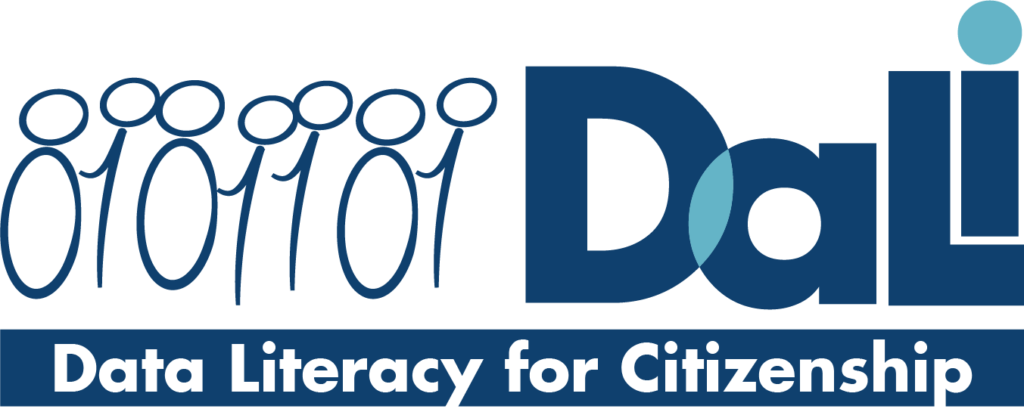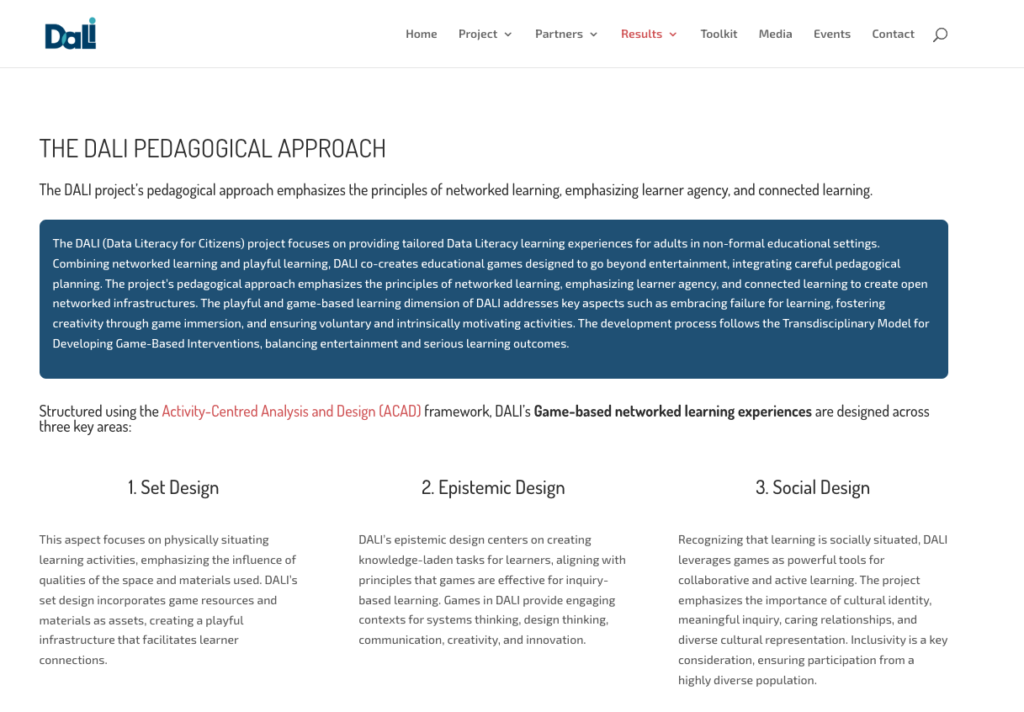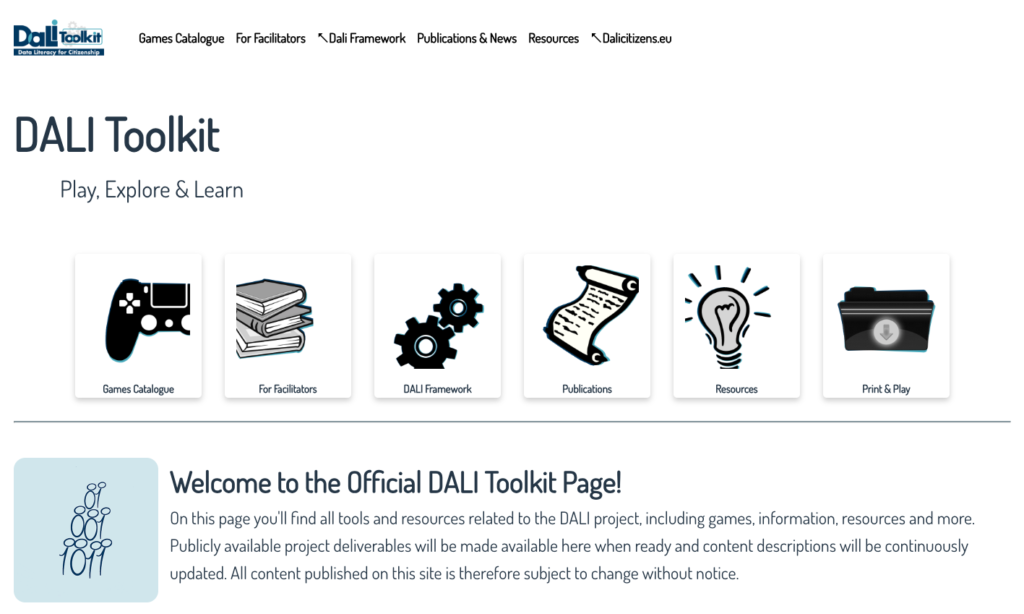Since a little over a year ago, I directed a research project commissioned by the Joint Research Centre (JRC) of the European Union, in which we wanted to gain in-depth knowledge of the digital competence development plans of schools and teachers (mainly in primary and secondary education) in the different Spanish territories.
The aim of the research was to find out about the different approaches taken by the different Autonomous Communities – especially in terms of regulations or plans – to improve or transform the digital competence of schools; the structure of the plans, their design, organisation, how they have been inspired and, to what extent, whether or not they are related to the frameworks and tools developed by the JRC (SELFIE, SELFIE for teachers, DIGCOMP, DIGCOMPEDU, DIGCOMPORG, etc.). It was not an evaluative research, but to take advantage of the work already done in our Autonomous Communities to learn from the different experiences of our territories, understanding that each one is a good practice that we can tell and from which other territories within and outside the Union can draw inspiration.
The study is based on a compilation of deep interviews with the government officials of each Spanish territory – commissioned by each Autonomous Community with the exception of Andalusia and Galicia which we know that, although they wanted to help us, it was materially impossible to do so – and, of course, an interview with the director of INTEF. From these interviews, a case is presented for each region using a narrative and visual approach.
This research has resulted in a report that the JRC has elevated to Science for Policy Report status, which has recently been published by the Union and which we can now share:
Castañeda, Linda, Virginia Viñoles-Cosentino, Ana Yara Postigo-Fuentes, Cesar Herrero, and Romina Cachia. 2023. Strategic Approaches to Regional Transformation of Digital Education. Science for Policy Report JRC134282. Luxembourg: Publications Office of the European Union. https://publications.jrc.ec.europa.eu/repository/handle/JRC134282. JCR SCIENCE FOR POLICY REPORT.
This report highlights the importance of DigCompEdu as a framework that goes beyond the instrumental view of the digital transformation of education, helping institutions to anticipate, design and structure it. SELFIE is seen as a fundamental tool for school awareness and digital planning. Furthermore, the results consolidate the evidence of diverse approaches to digital transformation, especially considering the context of Spain, where the competence of education is at the regional level. Finally, in the report we present policy recommendations based on the results found in this study.
Once the report has been published, we will soon start to disseminate the results, which I will surely tell you about.
In addition to making this work available to you, I would like to publicly acknowledge the efforts of the people who have collaborated with us in this research:
First of all, I would like to thank the people who collaborated with us from each of the ACs. Thank you for opening one or more spaces of your time at such a complicated time and with such an impressive workload as the beginning of the 22-23 school year. We remain at your disposal, and we hope that all your efforts will be properly reflected in the digital transformation of your territories.
Thanks to Cesar Herrero and Romina Cachia, from the JRC, who have been extraordinary research partners, for doing a truly remarkable job and for helping us a lot in achieving this effort in a rigorous and endearing way. Thank you for trusting me for this effort. Thanks also to the entire JRC team for their contributions to the work.
Thank you Natalia Lobato for taking care of the visual part of this work (the infographics). That visual perspective of each of the cases I think helps us a lot to re-look at the research and your hand as an artist and designer has been a gift.
Finally, thanks to my team: Virginia Viñoles Consentino and Ana Yara Postigo-Fuentes who have been extraordinary colleagues and who have made it possible for this research to be what it is. They are two sure values in educational research with an spectacular projection and work capacity, and they are also two good friends. Thank you for coming on board.
It was my first time working for the JRC and I confess that the imposter syndrome is still with me every step of the way. I have learned a lot from this whole process and from all the facets involved (digital competence, educational policy, Spain and its particularities, qualitative research, project management, communication, digital transformation in education… and much more). I am honoured and proud of the work and I sincerely hope that the result will be interesting and useful for those who read it.
Addenda: Convencidas de que este trabajo tiene mucho interés en el ámbito latinoamericano, hemos deicido hacer una versión en castellano de la publicación que está abierta y disponible en: https://digitum.um.es/digitum/bitstream/10201/134464/1/ARSSELFIE_SP.pdf el enlace permanente del repositorio de mi universidad es http://hdl.handle.net/10201/134464


 On 30 December 2023, the DALI project -Data Literacy for Citizenship- (
On 30 December 2023, the DALI project -Data Literacy for Citizenship- (



Emiliano Pereira González
Antonio Ruiz Martínez
Report and Technical Coordination
Linda Castañeda y Núria Vanaclocha.
Universidad de Murcia
Proyecto Competencias Digitales del Profesorado- Formación y Acreditación. DigCompEdu-FyA.
Real Decreto 641/2021, de 27 de julio, por el que se regula la concesión directa de subvenciones a universidades públicas españolas para la
modernización y digitalización del sistema universitario español en el marco del Plan de Recuperación, Transformación y Resiliencia
Ministerio de Universidades. BOE-A-2021-12614
Permanent link to the Report at the UM DIGITUM Repository https://lnkd.in/dUMwUc6d